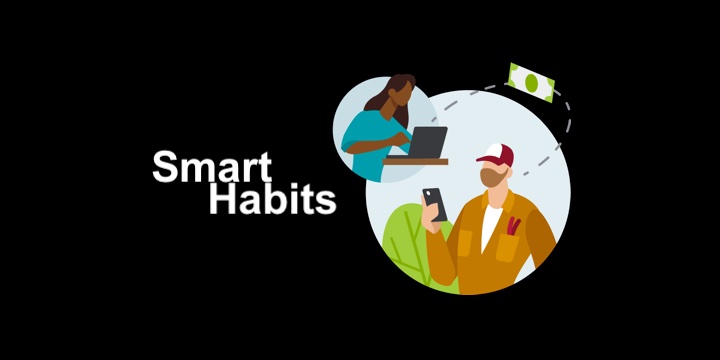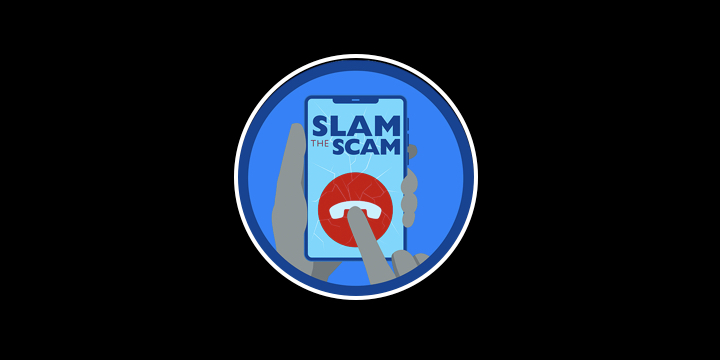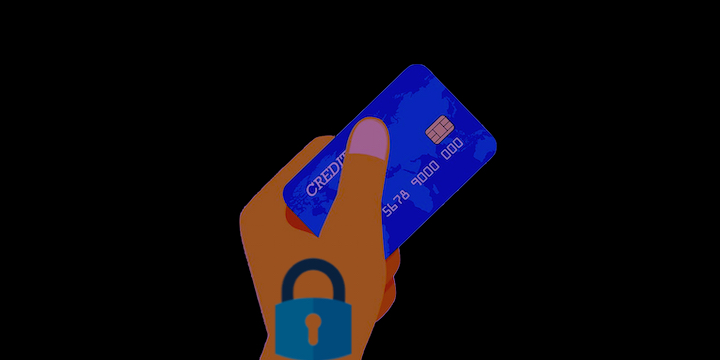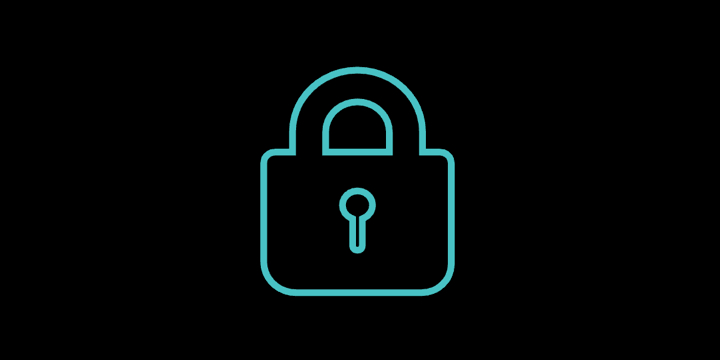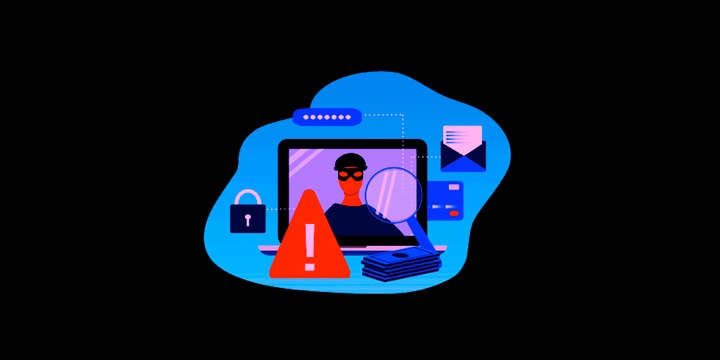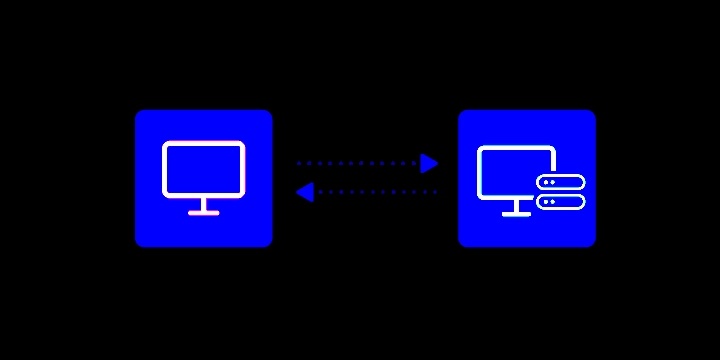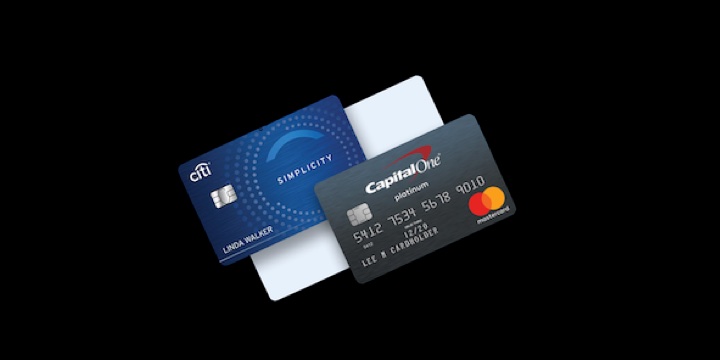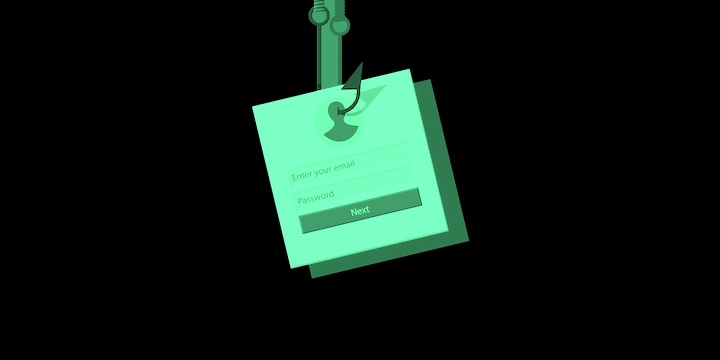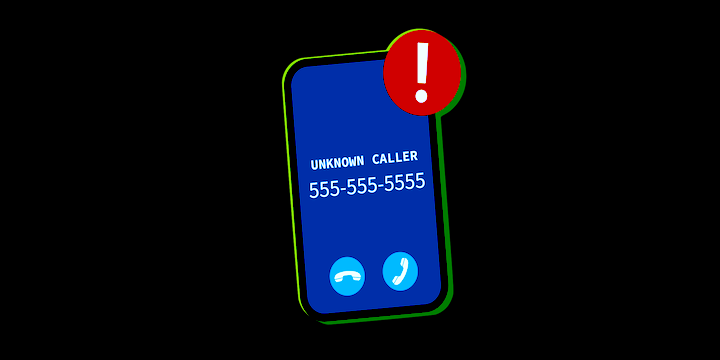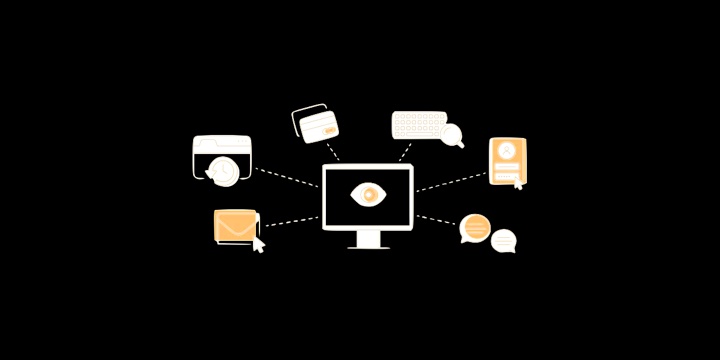Discover practical strategies to save money, invest wisely, and achieve financial independence with these easy-to-understand tips.
1. Invest Before Spending
Before you start spending your money, put some of it into an investment account. This way, your savings can grow over time without you having to do much.
2. Live Below Your Means
Make sure you spend less money than you earn. The extra money you save can be invested to help build your wealth.
3. Think Long-Term
Consider every dollar you save as a chance to make more money in the future. Investing in things like Bitcoin or other assets can help your money grow over time.
4. Avoid Expensive Habits
Skip buying expensive coffee or fast food every day. Instead, make your own at home to save a lot of money over time.
5. Cancel Unnecessary Subscriptions
Regularly check your subscriptions and cancel the ones you don’t use. This can save you a significant amount of money each month.
6. DIY Projects
Doing simple home repairs and projects yourself can save you a lot on labor costs. Start with easy tasks like fixing a leak under the sink.
7. Use Public Transport Wisely
In many places, using buses or trains can be cheaper and safer than driving your own car.
8. Cut Down on Luxuries
Spend less on non-essential items like expensive clothes or gadgets. Focus on buying only what you really need.
9. Bulk Buy Essentials
Buying items like rice, flour, toilet paper, and meats in large quantities can reduce your grocery bills.
10. Energy Efficiency
Make your home more energy-efficient to save on utility bills. Consider installing solar panels if possible.
11. Resist Lifestyle Creep
As your income increases, avoid the temptation to spend more. Keep your living expenses the same to save more money.
12. Maximize Savings on Essentials
Shop at discount stores and buy in bulk from places like Costco or Sam’s Club to save on everyday items.
13. Sell Unused Items
Declutter your home and sell things you no longer need. This can give you extra income.
14. Use High-Interest Savings Accounts
Put your savings into accounts that offer higher interest rates to earn more money over time.
15. Avoid Financing for Cars
Instead of financing a new car, save up and buy a used car outright. This can save you money on interest and other fees. Also, consider the total cost of owning a car, including fuel, maintenance, and depreciation. Sometimes, leasing can be a better option.
16. Reduce Utility Usage
Be mindful of how much energy you use at home. Unplug devices when they are not in use to save on electricity bills.
17. Public Healthcare and Education
If possible, live in areas with good public healthcare and education systems to save on medical and schooling costs.
18. Limit Partying and Alcohol
Cutting back on expensive social activities can save you a lot of money.
19. Grow Your Own Food
Plant a garden to grow your own fruits and vegetables. This can reduce your grocery bills.
20. Mindful Shopping
Always compare prices and choose generic brands when possible to save money.
21. Cooking at Home
Cook meals at home and make extra portions to save time and money. Freeze the extra meals for later to avoid ordering takeout.
22. Reduce Energy Consumption
Seal any gaps in your walls, windows, and doors to keep your home warm in winter and cool in summer. This reduces the need for heating and air conditioning, saving you money.
23. Avoid Impulse Purchases
Before buying something, ask yourself if you really need it. Use a “1 in, 1 out” rule where you get rid of one item for every new item you buy.
24. Use a Shopping List
Always make a shopping list and stick to it to avoid buying unnecessary items.
25. Pay Off Credit Cards Monthly
Pay off your credit card bill every month to avoid paying interest. This helps you live within your means.
26. Pay Yourself First
Automatically transfer 10% of your paycheck into a savings account before spending on anything else. Increase the percentage as you get raises.
27. Direct Deposit to Savings
Have your paycheck directly deposited into a high-yield savings account. Only withdraw what you need for monthly bills to encourage saving.
28. Continue Saving After Paying Off Loans
Once you’ve paid off a loan or credit card, keep saving the same amount each month to build your savings.
29. Make Coffee at Home
Avoid spending money at expensive coffee shops by making your own coffee at home and taking it with you.
30. Remove Tempting Apps
Delete shopping apps like Amazon from your phone to reduce the temptation to make impulse purchases.
31. Shop at Dollar Stores
Buy everyday essentials like garbage bags, soaps, and cleaning products from dollar stores to save money. Just be careful about the quality of some items.
32. Proper Insulation
Ensure your house is well-insulated to save on heating and cooling costs. Use an infrared heat gun to find and fix any insulation problems.
33. Buy in Bulk
Purchase items like energy drinks by the case to save 30%-40% compared to buying individual cans.
34. Invest in Quality Hobbies
When you buy items for your hobbies, choose high-quality products. They often last longer and can be resold at a good price if needed.
By following these simple tips, you can save a lot of money, invest wisely, and achieve financial stability.

